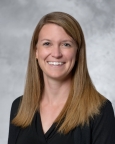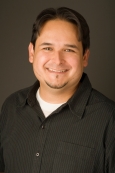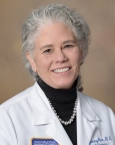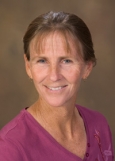Developmental Pediatrics
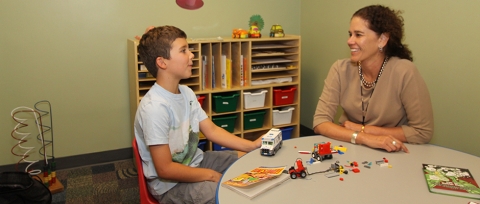
Faculty in the Division of Genetic and Developmental Pediatrics serve families of children who are at risk for, or diagnosed with a genetic, neurodevelopmental, or behavioral condition by providing comprehensive diagnostic and evaluative services throughout the community, performing research and educating the next generation of health care providers in interprofessional and family centered care.
Division Annual Report
Education:
The division is dedicated to delivering interprofessional training and conducting research and program evaluation aimed at improving quality of life, decreasing barriers to care, and improving early identification and intervention by serving children and families at risk, collaborating with the community, and educating new and practicing professionals. This interprofessional training is accomplished through the Arizona Leadership Education in Neurodevelopmental Disabilities (ArizonaLEND) with grant support from HRSA and the Developmental and Pediatric Developmental Behavioral Fellowship program with support from Banner University Medical Center.
We also provide a variety of CME training on genetics and developmental pediatrics for professionals in the community.
Research:
The division has grant funding from the Arizona Department of Health Services, Arizona Biomedical Research Commission, Administration on Developmental Disabilities pass-through, Curemark CM-AT Clinical Trial and the Centers for Disease Control and Prevention. Please see our research pages for all our current activities.
Students:
We are proud to serve as mentors to students pursuing research opportunities in genetics and developmental pediatrics. Our students range from High School Honors students through post-graduate level professionals. We also partner with the following programs to provide research mentorship: UROC, MSRP, Q3. Please click on our student research link to view our current and previous student projects.
Our faculty address the following issues:
-
Children with possible autism spectrum disorders
-
Academic struggles with no clear diagnosis
-
Learning disabilities where the family feels they need additional support
-
Global developmental delay with no diagnosis
-
Attention issues that are not responding to treatment
-
Syndromic/chromosomal disorders in which the family may need guidance understanding cognitive abilities, life planning, and other related issues
-
Motor delays without diagnosis


